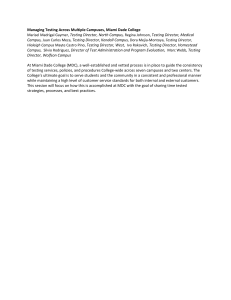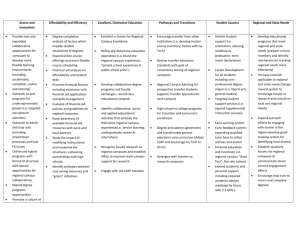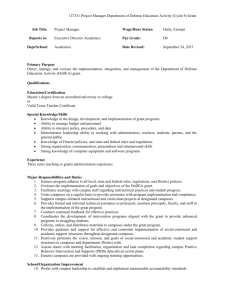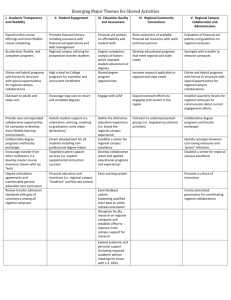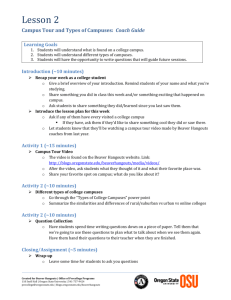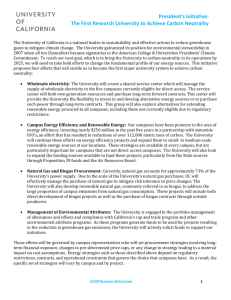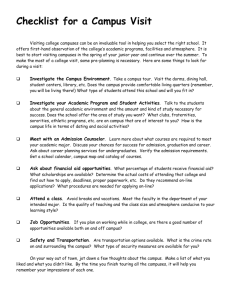College Campus Community Principles: Boyer's 6 Keys
advertisement
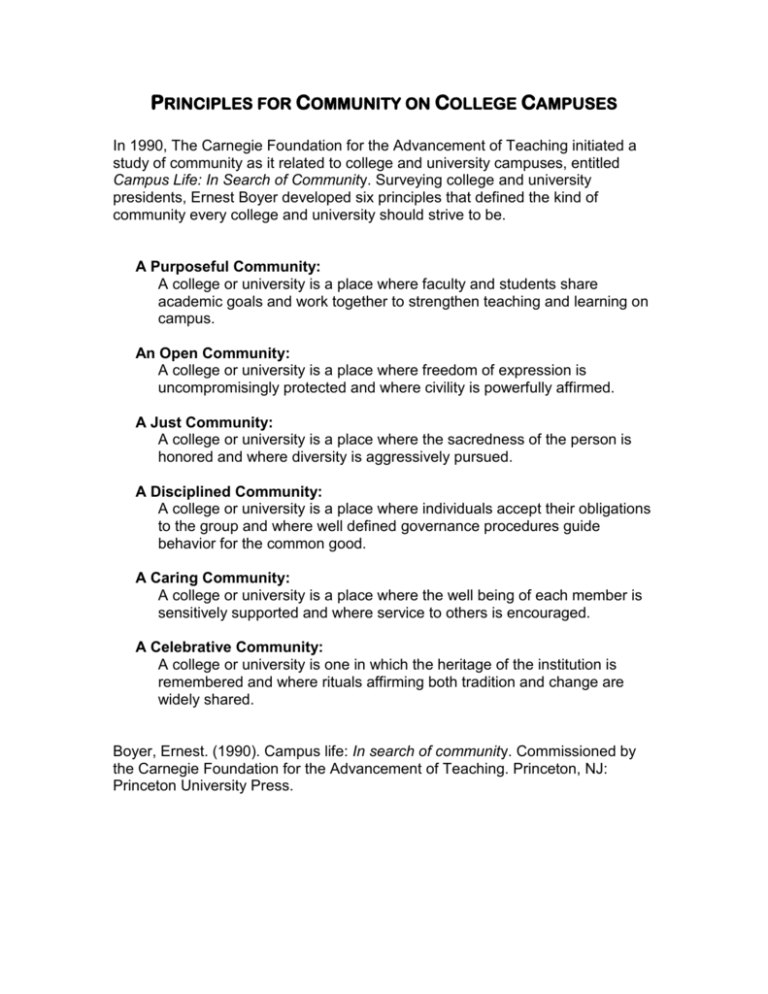
PRINCIPLES FOR COMMUNITY ON COLLEGE CAMPUSES In 1990, The Carnegie Foundation for the Advancement of Teaching initiated a study of community as it related to college and university campuses, entitled Campus Life: In Search of Community. Surveying college and university presidents, Ernest Boyer developed six principles that defined the kind of community every college and university should strive to be. A Purposeful Community: A college or university is a place where faculty and students share academic goals and work together to strengthen teaching and learning on campus. An Open Community: A college or university is a place where freedom of expression is uncompromisingly protected and where civility is powerfully affirmed. A Just Community: A college or university is a place where the sacredness of the person is honored and where diversity is aggressively pursued. A Disciplined Community: A college or university is a place where individuals accept their obligations to the group and where well defined governance procedures guide behavior for the common good. A Caring Community: A college or university is a place where the well being of each member is sensitively supported and where service to others is encouraged. A Celebrative Community: A college or university is one in which the heritage of the institution is remembered and where rituals affirming both tradition and change are widely shared. Boyer, Ernest. (1990). Campus life: In search of community. Commissioned by the Carnegie Foundation for the Advancement of Teaching. Princeton, NJ: Princeton University Press.

